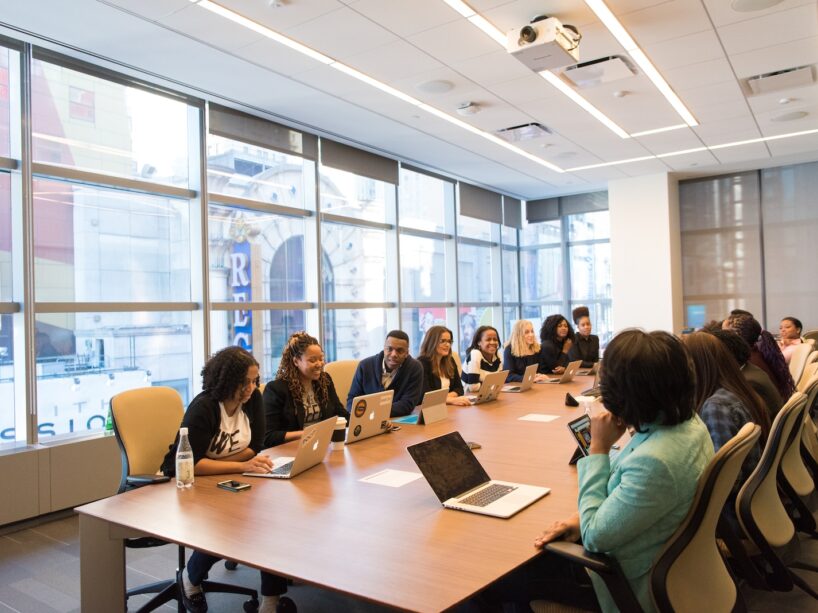As the world continues to adapt to the long-lasting effects of the COVID-19 pandemic, many companies have embraced remote work, allowing employees to work from the comfort of their homes. However, the shift to remote work has led to a decline in demand for office spaces, leaving corporate real estate portfolios in a precarious position. As a result, some CEOs have initiated a push for workers to return to the office, hoping to revive the commercial real estate market. This article will discuss the reasons behind this push and its potential impact on workers who have grown accustomed to the benefits of remote work.
The Corporate Real Estate Portfolio Dilemma
Corporate real estate portfolios have long been a crucial part of many companies investment strategies. Owning and managing office spaces can offer lucrative returns and help diversify a company's holdings. However, the pandemic-induced remote work trend has caused a sharp decline in demand for office spaces, leading to increased vacancies and plummeting rental rates. Consequently, the value of these commercial real estate portfolios has suffered, and CEOs are under pressure to find ways to mitigate these losses.
Return to the Office: A Strategy to Save Commercial Real Estate
In an effort to revive the commercial real estate market, some CEOs have started to advocate for a return to the office. They argue that resuming in-person work could bring back the demand for office spaces, thereby increasing the value of their corporate real estate portfolios. By positioning the return to the office as a necessity for the company's financial health, these CEOs hope to encourage workers to come back to their desks.
Worker Job Satisfaction will Decrease

While the push to return to the office may be driven by financial motives, it's essential to recognize the potential impact on workers who have grown accustomed to the remote work lifestyle. Many employees have experienced significant benefits from working remotely, such as increased flexibility, better work-life balance, and reduced commuting costs. Forcing these workers back into the office could lead to decreased job satisfaction and even attrition.
Moreover, it's crucial to acknowledge that the push to return to the office may not be in the best interest of all employees. Some workers may have health concerns or care for vulnerable family members, making a return to the office less feasible or even risky.
Conclusion
While it's understandable that companies and CEOs would want to protect their commercial real estate portfolios, it's crucial to consider the impact of these decisions on the workforce. Businesses should strive to strike a balance between their financial interests and the well-being of their employees. By fostering open communication, exploring flexible work arrangements, and providing support for employees, companies can navigate the challenges of the commercial real estate market while maintaining a happy and productive workforce.







